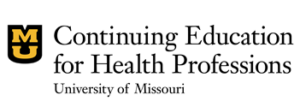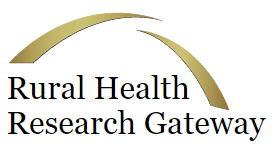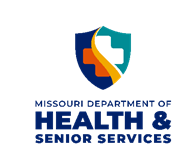June 17, 2025

Upcoming MRHA Webinar: Missouri Health Care Workforce Project, July 10
Join the Missouri Rural Health Association (MRHA) for an insightful session on the Missouri Health Care Workforce Project (MHCWP), an initiative designed to provide critical workforce analysis to support policymakers, healthcare professionals, and educators in addressing Missouri’s healthcare workforce needs.
This session will:
- Introduce key concepts of public health Minimum Data Set (MDS),
- Explore challenges and benefits of workforce data integration, and
- Demonstrate how stakeholders can utilize the MHCWP web tool to assess shortages, maldistribution, and workforce supply and demand.
Attendees will gain a deeper understanding of how workforce data informs policy decisions, impacts healthcare access, and supports strategic planning across Missouri.
The session will also cover federal and state trends in workforce analysis and integration, equipping participants with actionable insights to navigate and influence healthcare workforce development.
Cost: Free
When: Thursday, July 10, 12:00 p.m. – 1:00 p.m.
Click Here to Learn More and Join the Webinar






